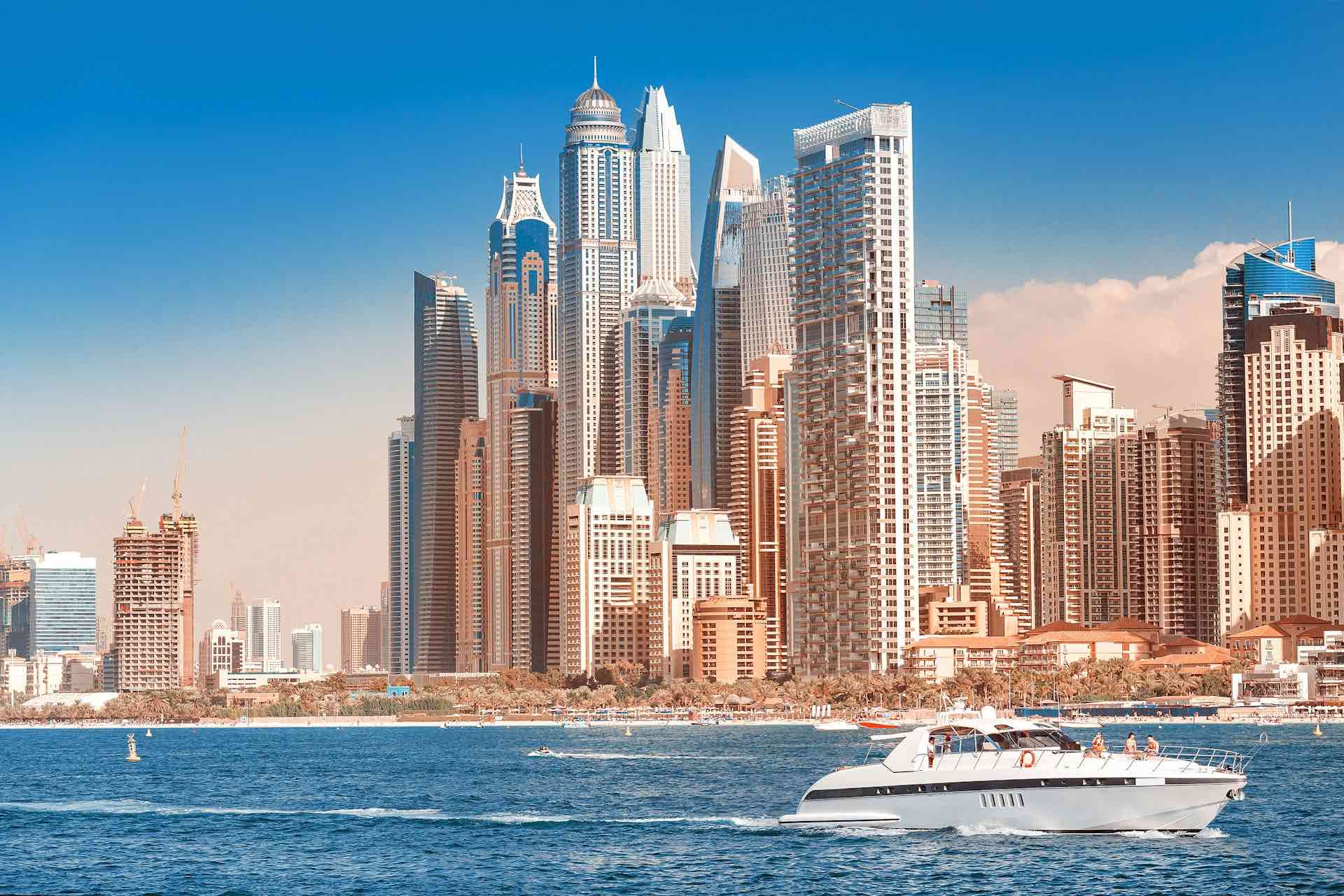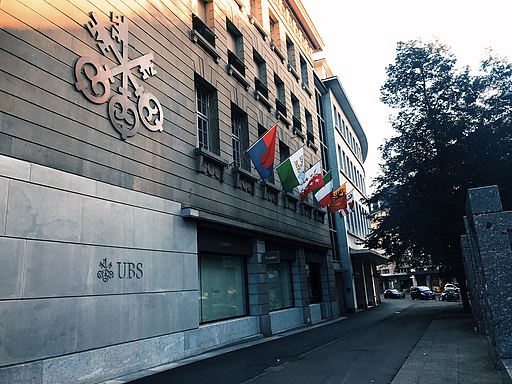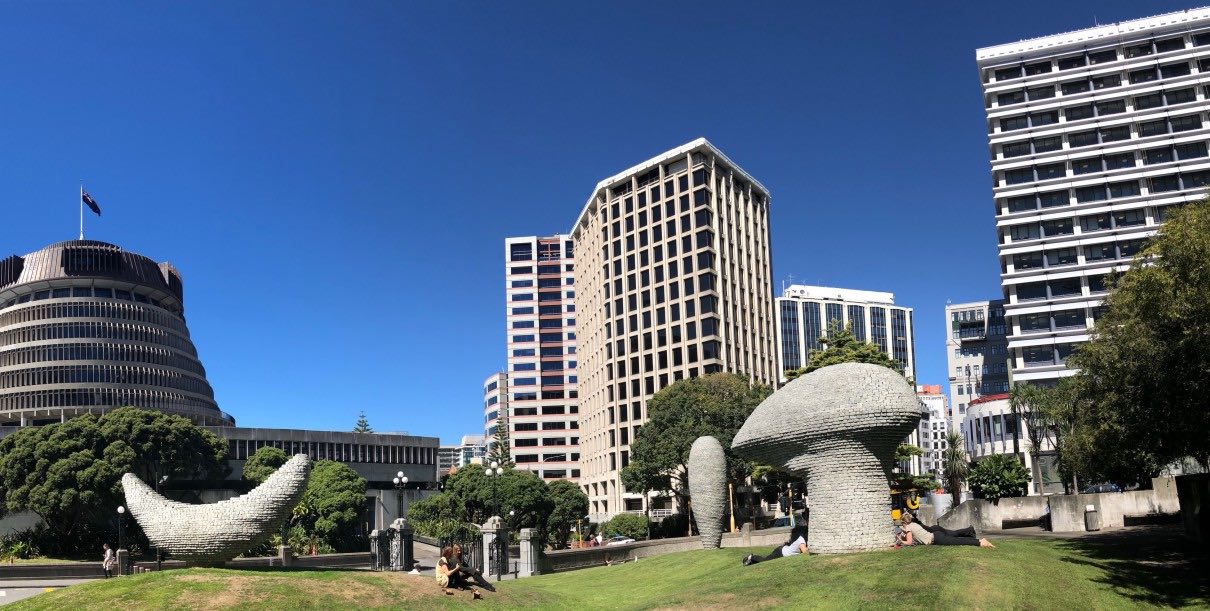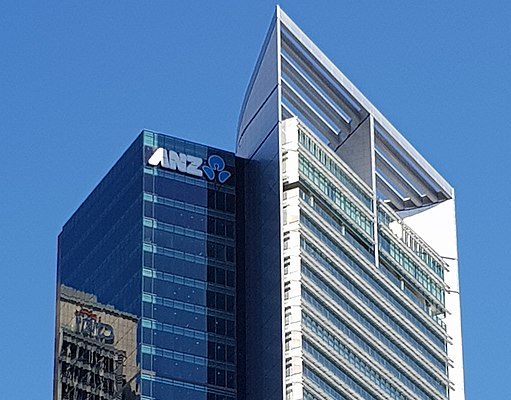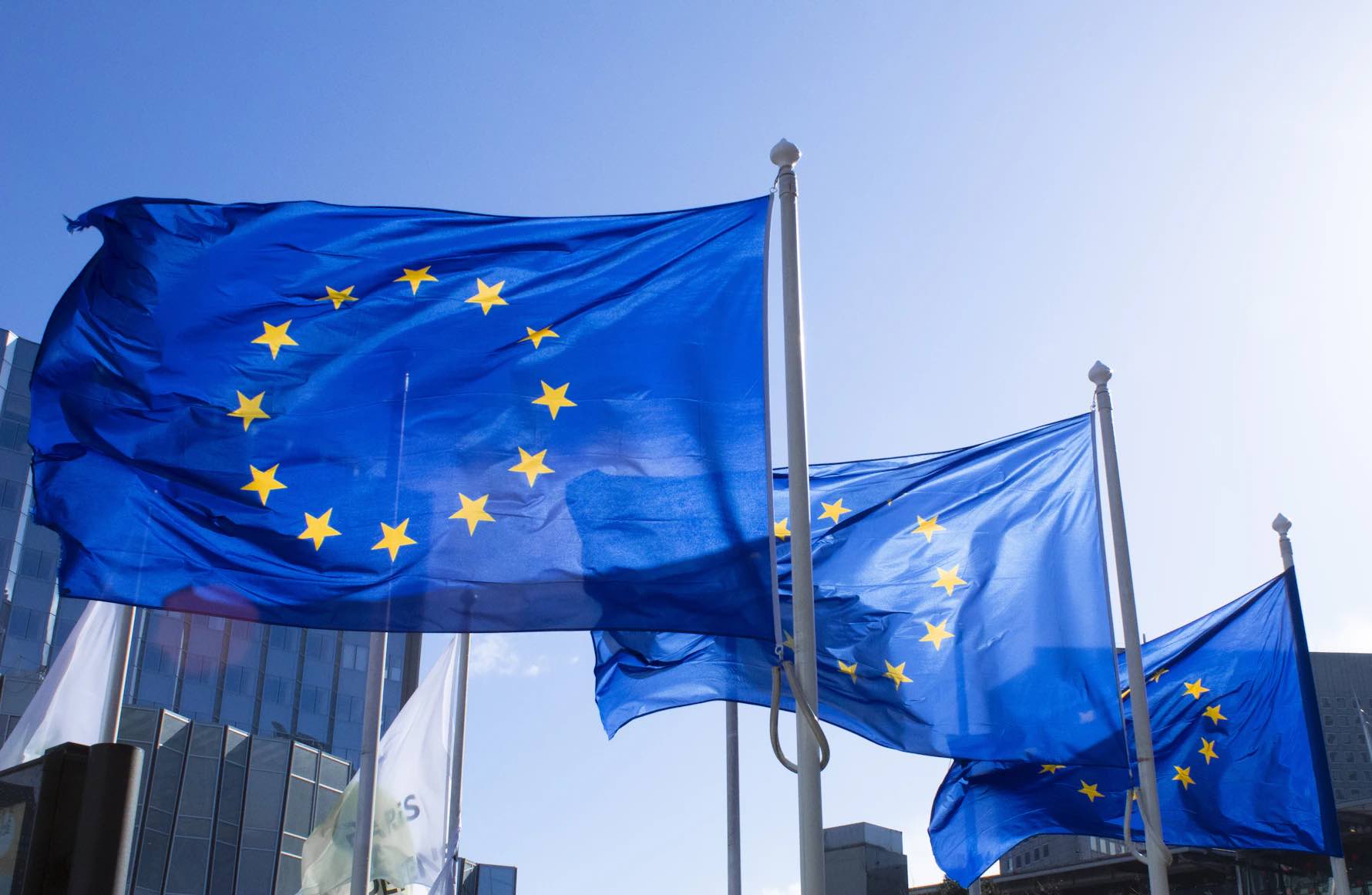Main Menu
- Top News
-
UK and Saudi Arabia to Host Trade Expo in Riyadh
April 22, 2024 -
SNB Doubles Minimum Reserve Requirement
April 22, 2024 -
New Zealand’s Reserve Bank Launches Consultation for CBDC
April 22, 2024 -
Moove Named Among Top 10 Global Fintech by Funding
April 22, 2024 -
Australia’s Treasurer Warns of Global Economic Challenges
April 22, 2024
- Regions
- Banking
-
SNB Doubles Minimum Reserve Requirement
April 22, 2024 -
New Zealand’s Reserve Bank Launches Consultation for CBDC
April 22, 2024 -
CBN Governor Denies Spending Forex Reserves on Naira Support
April 22, 2024 -
Wells Fargo Adopts TradeSun AI Platform
April 19, 2024 -
Deutsche Bank Trims Private Banking Roles in Asia
April 19, 2024
- Investment
-
UK and Saudi Arabia to Host Trade Expo in Riyadh
April 22, 2024 -
ANZ Explores Infrastructure Investment Opportunities in India
April 19, 2024 -
Morgan Stanley to cut investment banking workforce
April 17, 2024 -
Microsoft Invests $1.5bn in Abu Dhabi’s G42
April 17, 2024 -
UK Fintech Sector Regains Top Spot in Startup Funding
April 17, 2024
- Infrastructure
-
EU Agency Calls for Proposals for Key Energy Projects
April 18, 2024 -
Apple Set to Go Cleaner With Ambitious 2030 Goals
April 18, 2024 -
Oil prices fall amid economic headwinds
April 17, 2024 -
Canada Launches $6bn Housing Infrastructure Fund
April 4, 2024 -
Citi Report details Energy Sector’s Lack of Climate Transition Plans
April 2, 2024
- Tech
-
New Zealand’s Reserve Bank Launches Consultation for CBDC
April 22, 2024 -
Moove Named Among Top 10 Global Fintech by Funding
April 22, 2024 -
U.S. and Nigeria Forge Partnership to Strengthen AI Development
April 22, 2024 -
Ramp Raises $150m in Series D-2 Funding Round
April 19, 2024 -
Mastercard Launches Mobile Virtual Card App
April 19, 2024
- Featured
-
Telepin: Empowering the Unbanked Through Innovation
March 29, 2024 -
Libertex: Once a Leader, Always a Leader
March 28, 2024 -
MaxFinance: Credit Intermediation Specialists
March 28, 2024 -
Pioneering sustainable horizons: Atlas Renewable Energy’s journey
March 28, 2024 -
Banco Promerica: delivering an outstanding customer experience
March 28, 2024
- Videos
- Subscribe
- Magazine
- Awards
-
